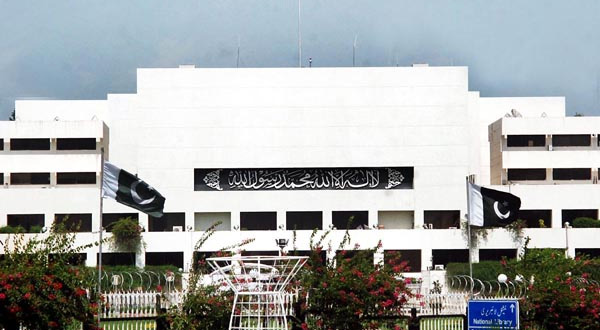SINGAPORE: Oil prices extended gains in Asia Monday boosted by strong US jobs growth data as a cut in US drilling activities sparked hopes of an easing in the global supply glut.
A weaker greenback also helped boost demand for the dollar-priced commodity, which becomes cheaper for holders of stronger currencies.
At around 0350 GMT, US benchmark West Texas Intermediate for April delivery jumped 66 cents, or 1.81 percent, to $36.57 and Brent crude for May was up 70 cents, also 1.81 percent, at $39.42 a barrel.
Prices rallied Friday, extending gains for the third successive week on the back of sliding US production.
The US Labor Department reported that the world’s top economy added a robust 242,000 jobs in February — fuelling hopes for a pick-up in demand for oil, although the data also showed a drop in wages.
“There was a bit of a double-win. On the one hand we had strong US jobs growth but on the other hand, we had lower wage growth and therefore, a weaker US dollar,” Ric Spooner, chief market analyst at CMC Markets in Australia told AFP by telephone from Sydney.
“There’s an ongoing… momentum in commodity prices generally and oil is part of that.”
Bloomberg News said US drillers have slashed the number of active rigs to their lowest level in more than six years.
However, analysts say that for an even greater gain for battered commodity prices, there need to be production cuts in the Organization of the Petroleum Exporting Countries (OPEC).
“We’re a long way away from any production cut agreement. The market did react to the initial (announcement of) meetings but since then there hasn’t been much to give markets any encouragement,” Spooner said.
Saudi Arabia, Russia, Qatar and Venezuela agreed on February 16 in Doha that they would freeze output if other producers followed suit.
African oil kingpin Nigeria said last week key crude producers plan to meet in Russia later this month to discuss the proposed output freeze.
“The oil markets will continue to watch closely the negotiations with other OPEC producers, and economic data coming out of China and the eurozone,” said Sanjeev Gupta, head of the Asia Pacific oil and gas practice at EY.





